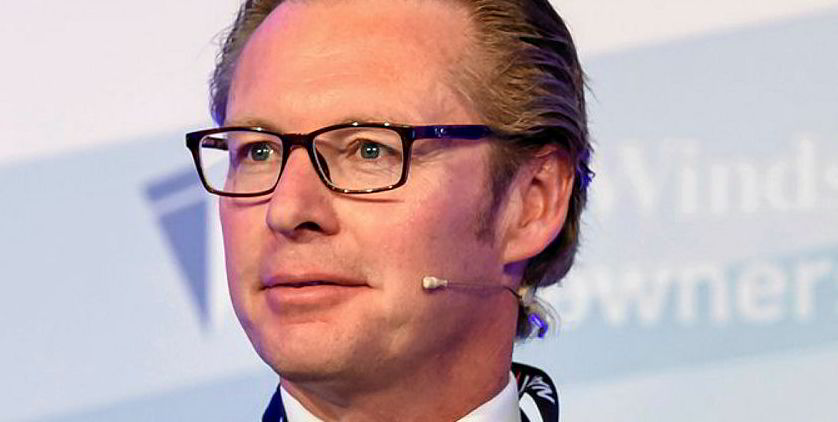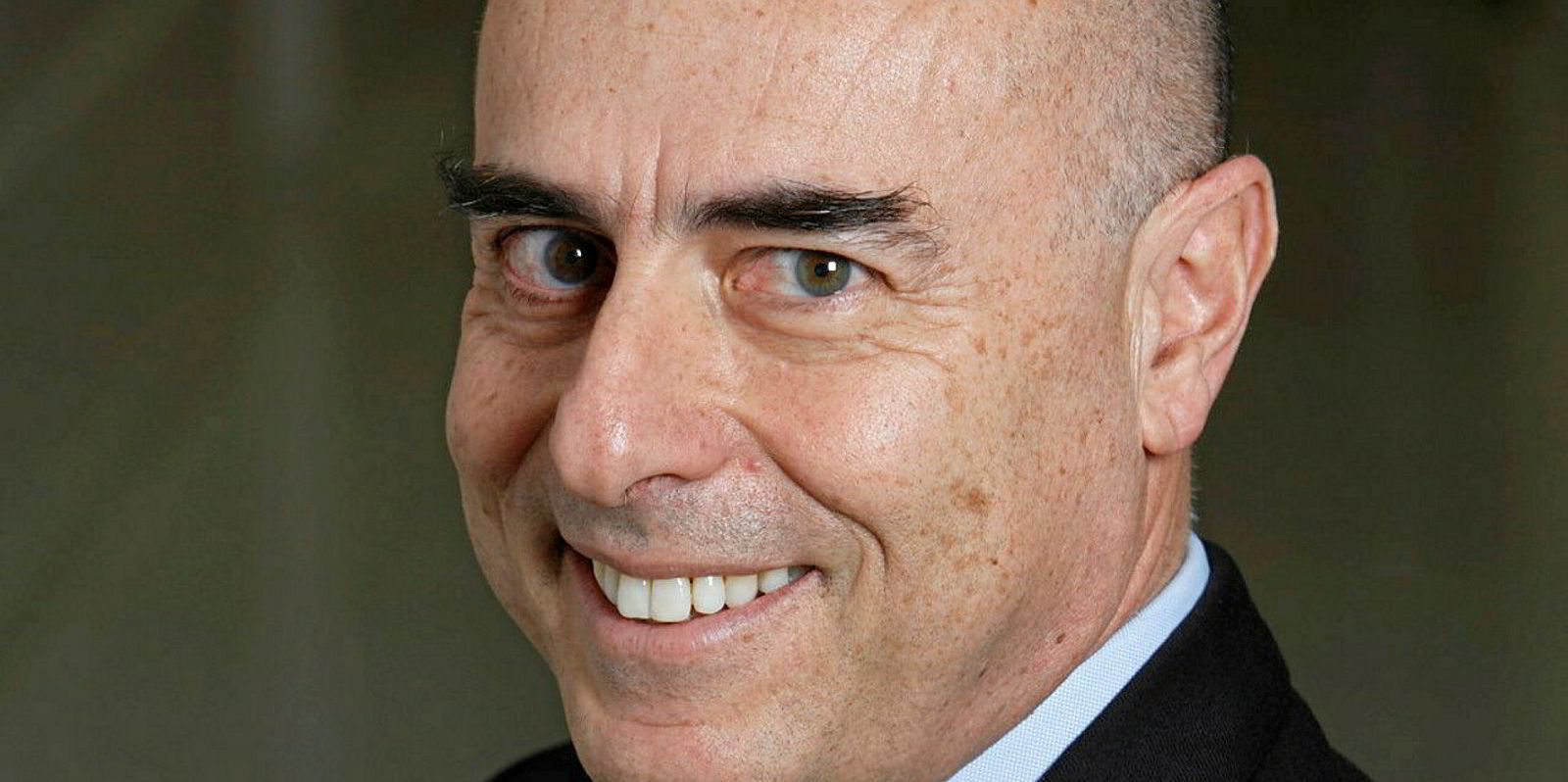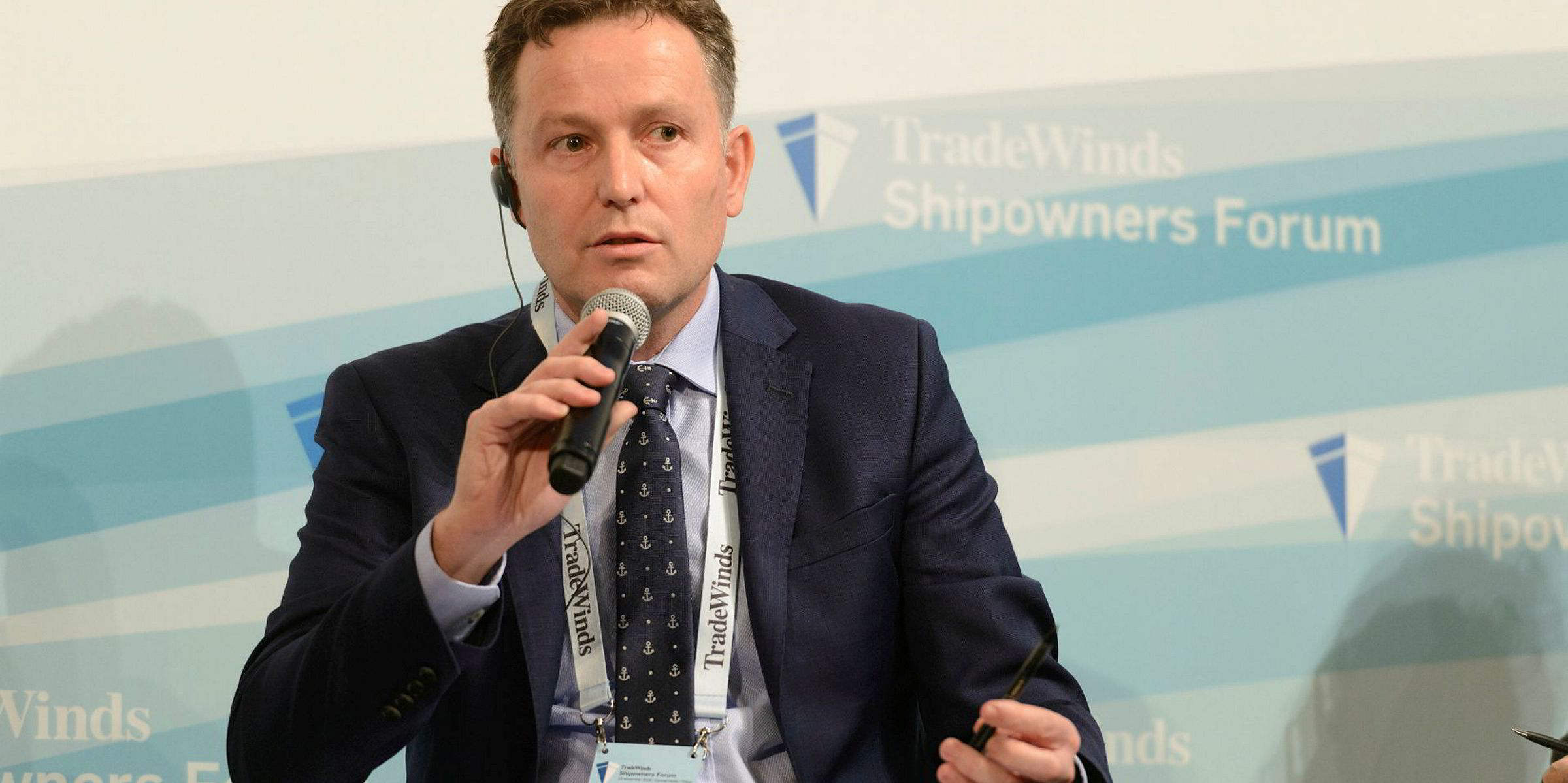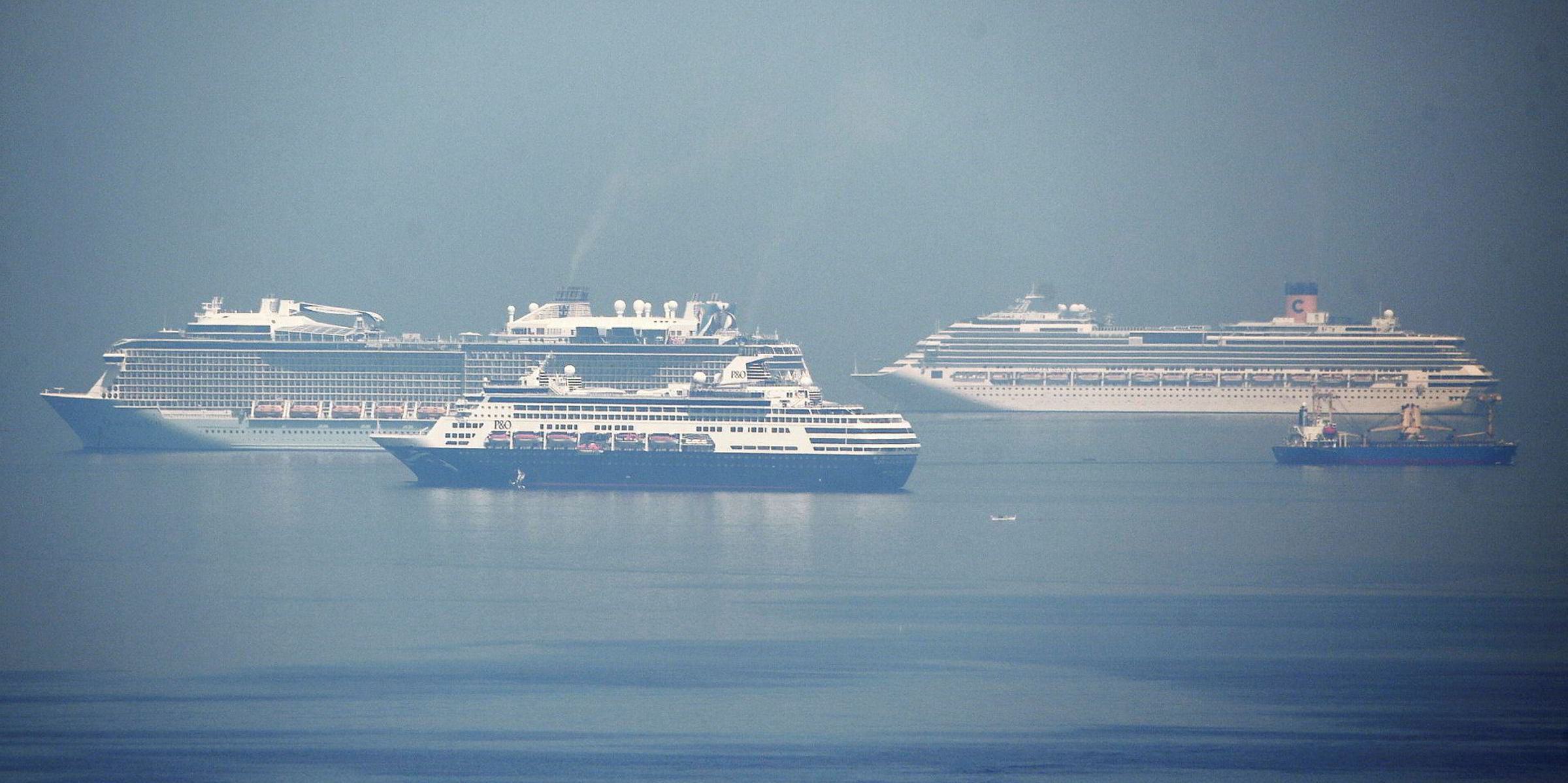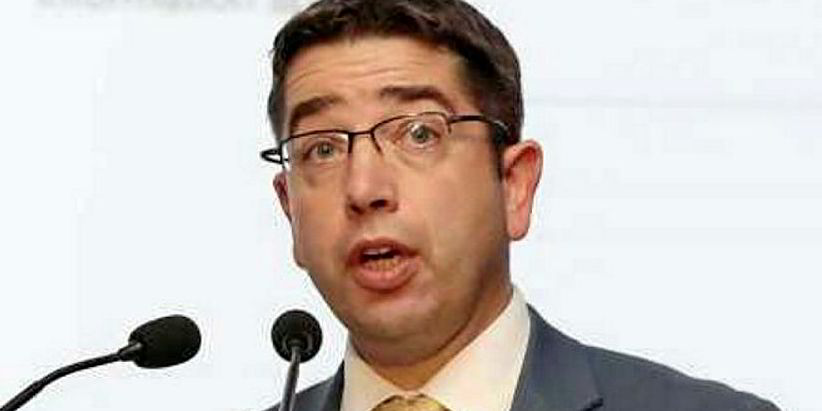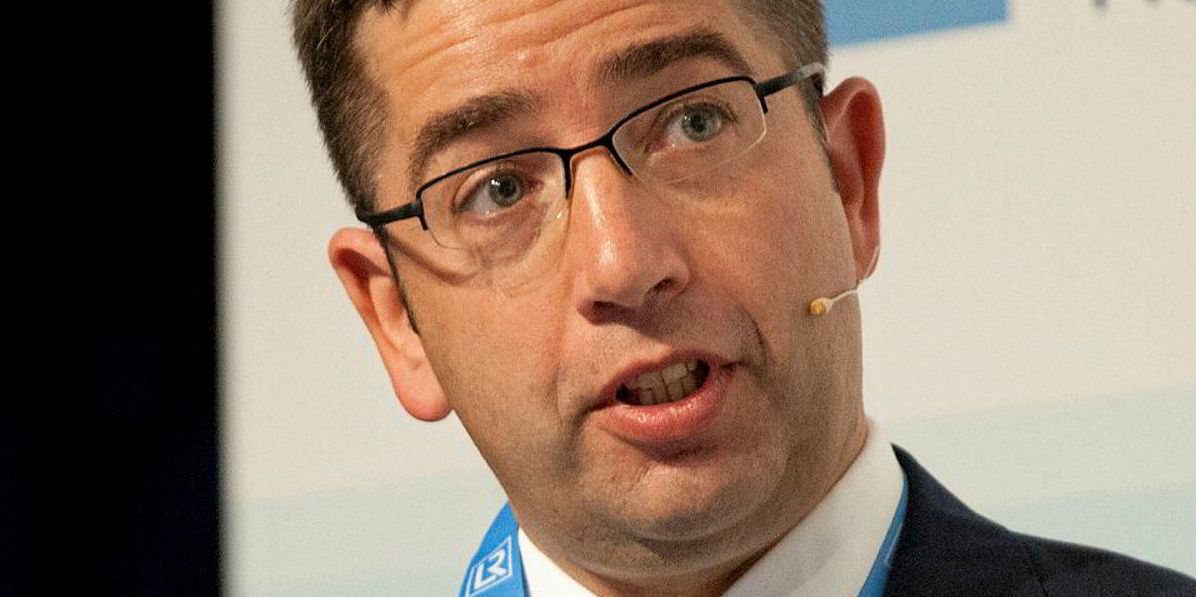DNV GL is weathering the storm of the pandemic without taking a big hit on its revenues, according to its maritime head, as the classification society has been offering digital services.
Speaking to TradeWinds on Tuesday, Knut Orbeck-Nilssen said business challenges from the coronavirus crisis are “manageable” amid further digitalisation of the shipping industry.
“This year … we will see some reduction in the revenues, but it’s not material,” Orbeck-Nilssen said. “The reason for that is we are really progressing well in our digital journey.”
“The fact we are doing remote surveys makes us fully operational as a classification society. That has naturally helped us a lot during this time.”
Norway-based DNV GL recorded operating revenue of NOK 21.6bn ($2.26bn) in 2019, of which NOK 7.74bn came from the maritime division.
But Orbeck-Nilssen also admitted some of its employees are on furlough or being temporarily laid off, mostly due to earlier lockdown measures in southern Europe, although he stressed this affected “less than 5%” of its staff.
“We cannot afford to have staff and employees working without actually doing the works in the [equipment] manufacturers or shipyards,” Orbeck-Nilssen said. “We have to respond in certain locations.”
With lockdown measures being relaxed across Europe, he suggested increasing numbers of DNV GL’s employees are returning to work.
“Southern Europe is coming back to full production again. Naturally, our employees are coming back,” Orbeck-Nilssen said.
Going digital
Overall, Orbeck-Nilssen believes shipping players are much willing to embrace digitalisation due to the coronavirus.
“The pandemic has probably accelerated the digital development of the maritime industry by at least half a decade,” Orbeck-Nilssen said.
“We are much more open to the digital way of working and the digital way of interacting.”
DNV GL now carries out about 300 remote surveys per week, up 33% from the pre-pandemic level — 80% of the surveys are booked online.
“Naturally this will continue to develop,” Orbeck-Nilssen said. “We also see that quite a number of shipowners and managers are investing in increasing bandwidth for the vessels, which makes it even easier to conduct [remote surveys].”
DNV GL has also boasted that its digital survey system can allow checks under the Machinery Planned Maintenance Scheme to be performed on the entire fleet at once.
Orbeck-Nilssen said it would have taken “days, even weeks” to inspect a 50-ship fleet via traditional means.
“Using digital means, we are able to do exactly the same in about four hours. It shows the efficiency gains and the effectiveness of that,” Orbeck-Nilssen said.
Covid-proof vessels
Faced with the ongoing pandemic, DNV GL has launched a new medical certification service for the cruise industry.
The CIP-M certification assesses food preparation and handling, physical distancing requirements and the use of personal protective equipment by crew, among other criteria. Genting Cruise Lines’ 75,338-gt Explorer Dream (built 1999) was the first to be certified.
“The Covid-19 crisis has been unprecedented in its impact on the maritime industry, and on the cruise lines in particular,” Orbeck-Nilssen said.
“I hope that with innovative ideas like CIP-M we can help the industry get moving again in a way that gives passengers and crew confidence that exacting measures are in place to enhance the cruise industry’s already rigorous health and safety standards.”
The CIP-M survey will be performed annually and Orbeck-Nilssen said DNV GL is in discussions to see whether other segments require similar services.
Delays in CO2 talks
Having long been a strong voice in shipping’s decarbonisation, Orbeck-Nilssen said the pandemic is delaying the industry’s climate action.
The IMO postponed all meetings at its London headquarters between early March and the end of July — some of which were scheduled to discuss decarbonisation — due to the Covid-19 lockdown.
If short-term emission rules are to come into force by 2023 as planned, member states of the United Nations' agency will have to finalise the regulations this year.
The postponement is a “very clear evidence there is a delay”, Orbeck-Nilssen said.
“I talked to a lot of shipowners, managers, yards, engine manufactures, etc. All of them believe the pandemic is one challenge for the short term while the CO2 emission [challenge] is one for the medium to long term.”
“It’s important we remain focused on the long-term challenge.”
